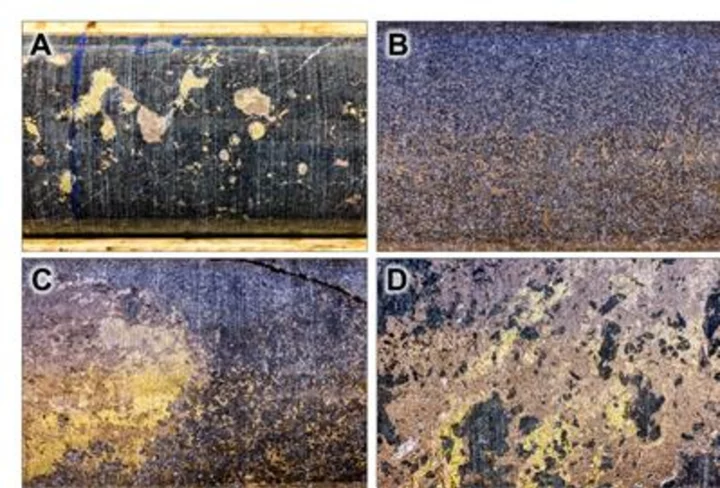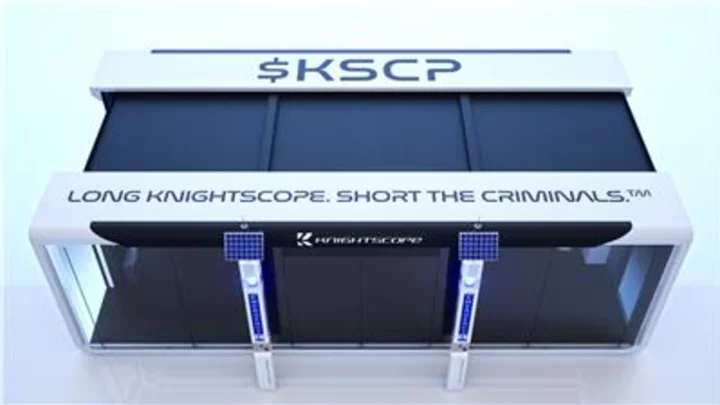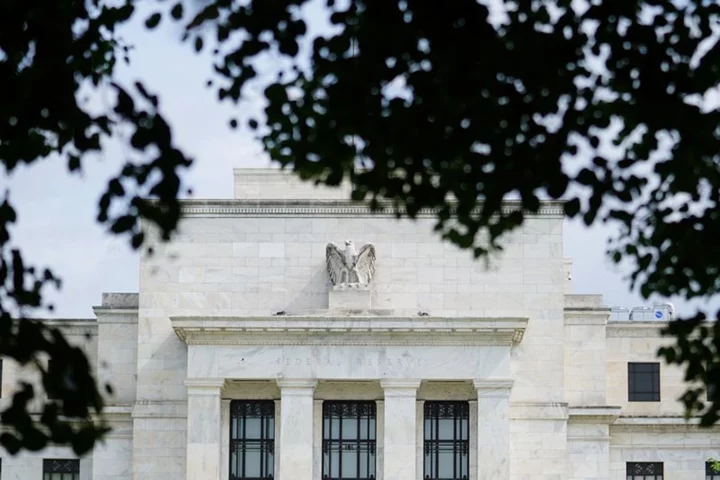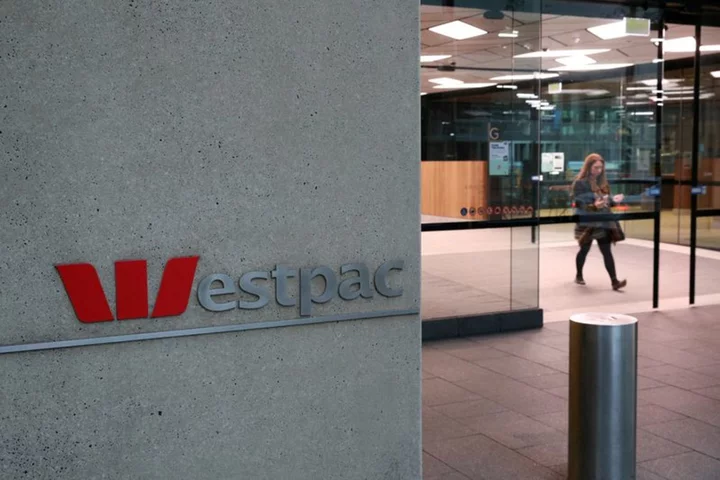By Laura Matthews
NEW YORK A U.S. regulatory change to stock market transactions has financial infrastructure system CLS exploring delaying settlement instructions for foreign exchange trades, a move requested by foreign asset managers who use currency trades to fund their U.S. securities transactions.
These investors face the prospect of more FX settlement failures starting May 28, 2024. In February, the U.S. Securities and Exchange Commission ruled that from that day, investors must settle equity transactions one day after the trade (T+1).
Currency trades funding securities transactions currently settle in two days. Investors must change their methods so those trades are not left out of CLS, the largest multi-currency settlement system for FX trades. Parties to trades would have to settle them bilaterally if they are excluded from CLS, which is owned by major players in the FX market such as Wall Street and international banks.
The SEC's move is aimed at reducing market risk, an area of focus since the GameStop Corp trading frenzy.
"The stability of the financial system and the wider FX ecosystem must always come first," said Marc Bayle de Jessé, chief executive officer at CLS, in a recent interview with Reuters. "But we are willing to liaise with regulators and settlement members to explore possible solutions to see if we can help."
The new regulations could affect nearly $65 billion per day worth of foreign exchange transactions from asset managers at risk of missing CLS's crucial deadline, according to an estimate by Bayle de Jessé.
CLS is assessing whether its CLSSettlement services can accommodate later submissions, he said, and is investigating whether moving its 00:00 CET (midnight) deadline for submitting instructions related to FX trades for next-day settlement would allow these trades to get into the settlement session without destabilizing markets, he added.
Worried about having less time to sync up both the equities and FX settlement cycles, some asset managers have asked CLS to see if it can adjust its own deadline, said CLS.
"It would be ideal if CLSSettlement considers their current cut-off time so that more markets can instruct in time," said Natalie Berkecz, global head of regulatory product at Northern Trust, a custodian. "At the moment, there is a real risk that many participants won't be able to with the condensed time frames."
Doing so will require regulatory engagement among other risk assessments, said CLS, which was created in 2002 to mitigate settlement risk and settles an average of $6.5 trillion a day in FX transactions, in a market where more than $7.5 trillion changes hands daily.
The U.S. Federal Reserve oversees CLS Bank in a cooperative arrangement with the central banks whose currencies CLS settles.
If there is no change to how firms currently operate, Bayle de Jessé said about 1% of that amount originating from funds, including U.S. firms, could be impacted by the shift to T+1.
As of June 2022, foreign investors own $24.8 trillion of U.S. securities, about 19.6% of the market, according to data from the U.S. Department of the Treasury and the Global Financial Markets Association.
Further complicating the process will be the various specific cut offs that will be imposed on investors by their custodians earlier in the day regarding their securities trading. Those deadlines, too, are about to compress.
Managers who miss CLS's cut off will settle bilaterally, losing out on cost efficiency and risk mitigation, while heightening counterparty risk. CLSSettlement decreases funding requirements by more than 96%, according to its own data.
"That really goes in the face of what T+1 is trying to achieve," said Berkecz.
(Reporting by Laura Matthews; editing by Megan Davies and David Gregorio)









